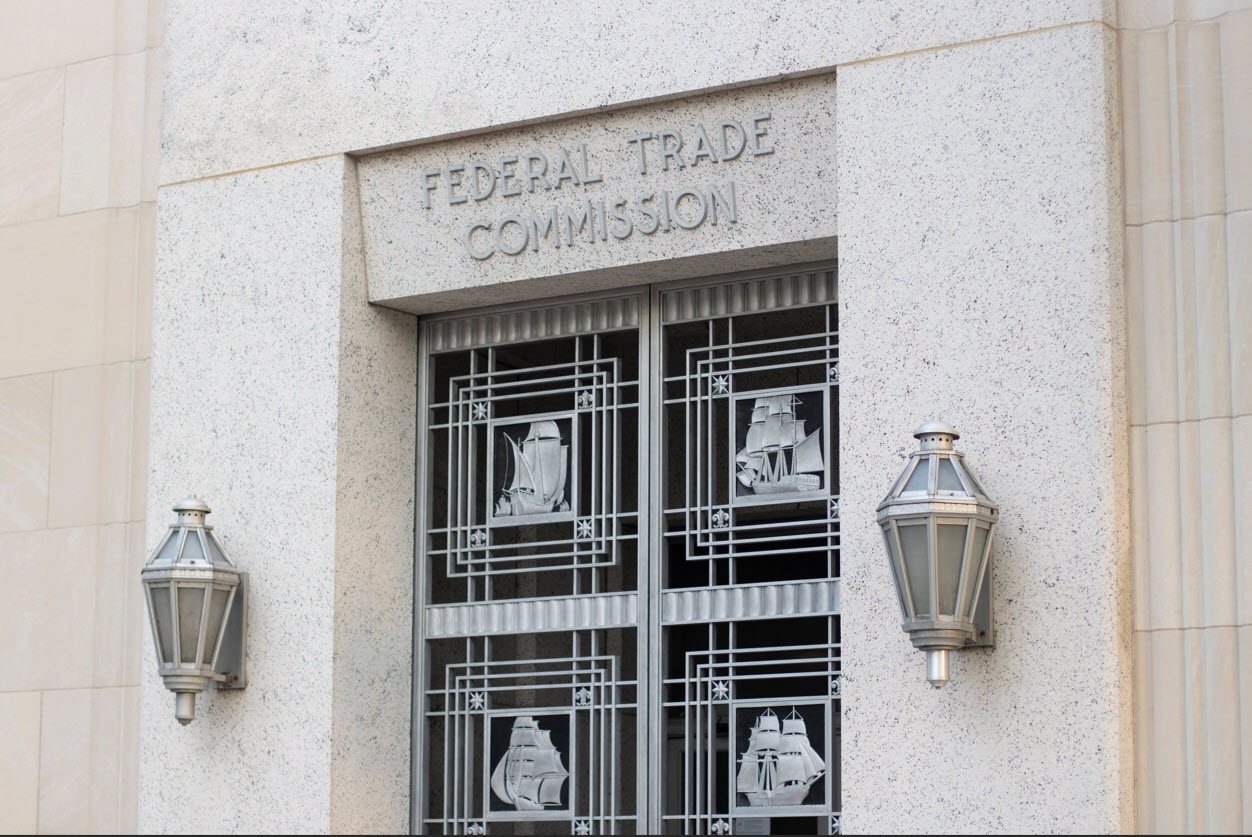The Federal Communications Commission (FCC) is facing mixed reactions to its proposed rules for regulating artificial intelligence (AI) in communications. The draft rules aim to address potential issues with AI-generated calls while keeping pace with the rapid development of AI technology.
What the Proposed Rules Cover
The FCC’s proposal focuses on outgoing calls that use AI-generated voices, such as voice cloning technology, which has the potential to mislead consumers. However, no rules have been suggested for AI used in handling or responding to incoming calls.
The FCC highlighted the need to balance protecting consumers from misuse with supporting the benefits AI can offer, such as improving telecommunications access for people with disabilities.
Industry’s Response
Industry groups have pushed back, suggesting that the FCC target bad actors rather than implementing broad rules that could make it harder for businesses to use AI in helpful ways. Trade associations from various sectors, including credit unions, financial services, and mortgage banking, urged the FCC to take a slow and careful approach to AI regulation.
In follow-up comments, these groups repeated their concerns, arguing that new rules could cause confusion, limit innovation, and fail to stop fraudulent actors who are unlikely to follow any requirements.
Key Proposals and Concerns
The FCC’s proposals include:
- Requiring consumer consent before making AI-generated calls.
- Requiring a disclosure at the start of calls indicating that AI is being used, with exceptions for calls made by or for individuals with disabilities.
However, some argue these steps are unnecessary since the Telephone Consumer Protection Act (TCPA) already requires consent for calls using artificial or prerecorded voices. Critics also doubt that disclosure requirements will stop fraudsters who ignore the rules altogether.
Challenges for Legitimate Businesses
Industry representatives pointed out that businesses already comply with current consent and disclosure rules. They worry that stricter requirements might prevent them from using AI for important messages, such as fraud alerts, school updates, or medical notifications.
Other suggestions from the industry include:
- Limiting disclosure requirements to calls where the consumer actively interacts with AI.
- Applying any new rules only to future calls, avoiding the need for additional consent from consumers who already agreed to receive automated messages.
- Encouraging the adoption of technology to verify caller identities as a way to tackle illegal calls.
A Need for Balance
The FCC’s proposed rules build on earlier efforts to understand the role of AI in communications and consumer privacy. While the agency aims to address valid concerns, industry groups stress the importance of finding a balance that protects consumers without slowing down innovation or creating unnecessary hurdles for legitimate uses of AI.
As discussions continue, the FCC must navigate the challenge of creating thoughtful regulations that address risks while allowing AI to enhance communication in meaningful ways.

Author: Jennifer Evancic
Jennifer.Evancic@ResourceManagement.com
Jennifer Evancic is a third-party auditor valued by creditors and large organizations for her knowledge in call monitoring within the collections industry. With meticulous attention to detail and a firm grasp of regulatory requirements, she ensures compliance with clients’ criteria and state and federal regulations.
Jennifer audits collections calls, ensuring they meet client-specific criteria and comply with regulations, providing valuable insights and maintaining industry standards.
Beyond her auditing responsibilities, Jennifer takes the lead in organizing and facilitating monthly call calibrations. These sessions serve as a collaborative forum where clients and their vendors come together to discuss call monitoring results and address any findings or areas for improvement. Jennifer’s guidance fosters open communication and ensures alignment between clients and vendors, driving continuous improvement in collections practices.
Jennifer stays up-to-date with compliance and industry best practices by participating regularly in peer meetings, regulatory updates and industry webinars. This keeps her informed about emerging issues and ensures she remains a knowledgeable leader in collections compliance.
Sign Up for the Twice Monthly Newsletter
Just enter your email address at the top orange bar at:
Collection Compliance Experts – “The Power of Expertise: Oversight Perfected”
It’s that easy! Twice a month – we provide blog updates and Resources for the Collection and Industry Professional.
Your email is just for this newsletter. We never sell your information. No fee. Opt-out at any time.





